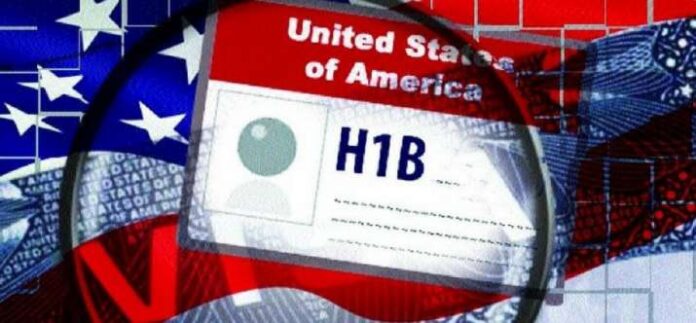
| Translate This News In |
|---|
The Biden Administration has proposed delaying the implementation of a final rule on determining the prevailing wages of some immigrants and non-immigrant jobs, including those on the prestigious H-1B visas, for 18 months. According to an official release issued after the announcement on Monday, the proposed delay would give the Department of Labour enough time to fully consider the rule’s legal and policy concerns, issue an imminent Request for Information, and collect public input on the sources and methods for deciding prevailing wage levels.
This new rule comes after a 60-day moratorium was declared earlier this month.
According to the media release, the department took the action based on a White House memo dated January 20, 2021.
The H-1B visa is a non-immigrant visa that enables businesses in the United States to hire foreign employees in specialized occupations that require theoretical or technological knowledge.
Technology firms depend on it to recruit tens of thousands of workers from countries such as India and China each year.
In a federal notification issued earlier this month, the Department of Labor stated that it is considering whether to recommend a further postponement of the final rule’s effective date and enforcement dates.
The proposed delay is in compliance with a Presidential order expressed in a memorandum from the Assistant to the President and Chief of Staff titled “Regulatory Freeze Pending Review” dated January 20, 2021.
The public was given 15 days to submit written comments on the proposed postponement of the effective date. By February 16, 2021, all comments had to be submitted.
The final regulation, which goes into effect in January 2021, affects employers who choose to hire foreign employees on a permanent or temporary basis using certain immigrant visas or non-immigrant visas like the H-1B, H-1B1, and E-3, according to the Department of Labor.
Though only Australian citizens are eligible for the E3 visa, people from Singapore and Chile are eligible for the H-1B1 visa.
The proposed delay would also provide enough time for agency officials to compute and verify prevailing wage data for particular occupations and geographic areas, make appropriate system changes, and perform public outreach.
The regulation is a holdover from the Trump administration, which proposed mandatory wage changes after losing a legal fight with organizations like the Bay Area Council over an earlier version.
If enacted, H-1B employees at the lowest wage level will be required to earn at least the 35th percentile of the prevailing wage for their job type and location, up from the 45th percentile in the original version. In comparison to the 95th percentile, workers at the highest pay level will need to earn the 90th percentile.
According to the Department of Labor, delaying the effective date of the new regulation would result in a decrease in transfer payments from employers to H-1B workers in the form of higher salaries.
From fiscal 2014 to fiscal 2020, the Department found that the annual H-1B ceiling was reached within the first five business days of each year.
“While the Department anticipates that the rise in salaries will encourage certain employers to substitute domestic workers for H-1B employees, assuming domestic workers are eligible for the positions, it is likely that the same number of H-1B visas will be allocated under the annual limits in the future,” it said.
The Department used the transfer payments from the Final Rule as a benchmark and transferred them to the proposed rule’s new transition effective dates to measure the reduction in transfer payments, according to the statement.

















